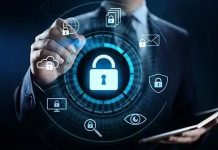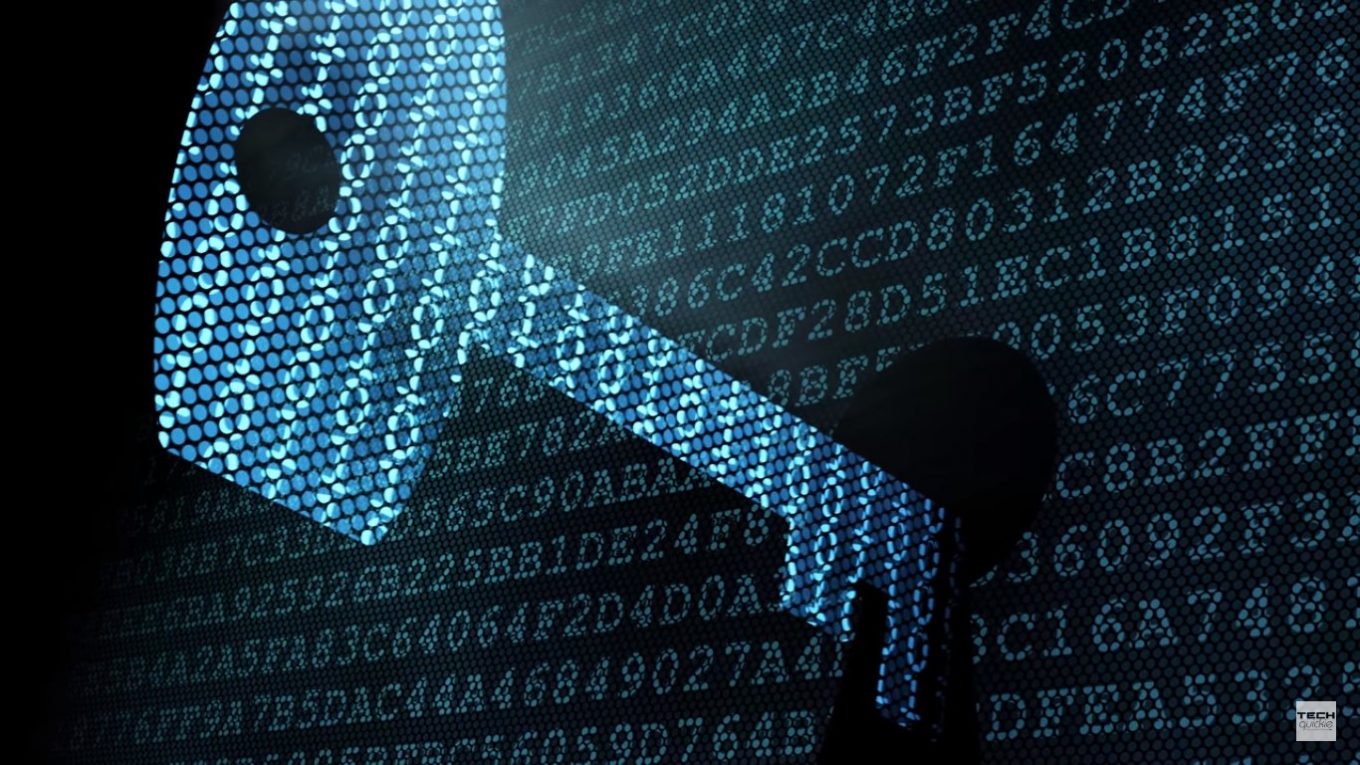We’ve become increasingly dependent on technology, and criminals aren’t exceptions. Crimes haven’t become restricted to the “real world” anymore but are committed virtually today as well. Therefore, we need digital experts who can gather the relevant forensic evidence to track the criminals responsible for a virtual offense.

Imagine your company facing a security breach in which hackers stole some important information. Digital forensics analysts will examine and recover the property stolen virtually. These experts work closely with federal agencies and help them apprehend cybercriminals. But how do people become digital forensics experts? We’ve discussed some tactics to help you build a career in this field.
How to become a digital forensics investigator?
From individuals to organizations – nobody’s immune from cybercrimes today. It’s estimated that some 4,000+ digital crimes happen daily in the United States. Hence, traditional crime-fighting agencies aren’t enough to prevent these crimes today. As cyberspace becomes a “high-crime neighborhood,” the police should revamp their working strategies and properly digitize themselves. Digital forensics, therefore, has emerged as the necessary scientific department to track, recover, and prevent cybercrimes. Now, these experts can retrieve deleted documents, thereby collecting additional evidence to boost a case against a potential cybercriminal. So, how can you become a digital forensics examiner in 2022? Let’s learn here:
1. Earn your degree:
How do you become a digital forensics expert in 2022? Distance learning has helped people enhance their expertise and pursue academic qualifications. So, you can become a digital forensics analyst by pursuing a master’s degree in cybersecurity digitally. This degree enables you to learn how modern-day cybercriminals operate while building your work-related experience in this field. Moreover, you should increase your knowledge about what digital forensics investigators do to hone your skills.
2. Recognize your responsibilities:
Your duties will revolve around gathering the required evidence. However, collecting the evidence is a task that has many steps! These experts will retrieve the necessary information from drives while ensuring that this information is relevant to the case. After extracting this information from digital resources, forensics investigators present their findings in proper formats. Also, they should remain cautious about how they’ve handled and retained this evidence. Recognize your responsibilities.
The analysts at this Los Angeles Private Investigator agency suggest being thorough when reviewing the extracted evidence to ensure all details are accounted for. They also recommend maintaining an organized system for documentation to ensure the evidence is accessible and properly preserved throughout the investigation process.
3. Consider career options:
Digital forensics investigators go by many names, and students must consider these options for their career-building endeavors. There aren’t restrictions to locations where you may apply your abilities, from malware analysts to security consultants. You may become a security analyst or a technology auditor serving different organizations. Earning your master’s degree in cybersecurity can open a plethora of pathways into the field of forensics, and digital forensic analyst is only one of them.
4. Get yourself certified:
Every federal agency doesn’t require these additional certificates. However, several departments need applicants to become well-certified after earning their degrees. Moreover, acquiring these certifications can increase your eligibility and enhance your chances of getting hired. Therefore, we suggest that students improve their resumes by earning these postgraduate qualifications and continuously renewing them.
5. Keep yourself updated:
Veterans believe that digital forensics has become a rapidly changing subject in the 21st century. So, amateurs cannot advance in their careers without staying updated about the latest trends. Today, a digital forensics investigator should deal with massive amounts of information while mobile devices have become equally important. Also, computer forensics isn’t restricted to criminal lawsuits merely but encompassed counterterrorism as well. So, ensure that you’re well-versed with these topics.
6. Look for jobs:
Now, where can you find yourself some lucrative employment opportunities? Today, several agencies hire digital forensics investigators to help apprehend cybercriminals and prevent cybercrimes. Hence – from the FBI to the NSA – students can leverage their expertise to become well-suited for career-building options in these prestigious departments. As cybercrimes complaints jumped by a million in 2020-2021, digital forensics experts have become more sought-after by even the private sector.
7. Consider the salary:
How much do digital forensics experts make annually? Your salary depends on your expertise and your experience in this field. Therefore, we suggest students research how much forensic experts are making today before joining this career. In 2020, PayScale determined that these experts earned around $73,000 on average while the bottom 10% made less than $50,000 working as digital experts in digital forensics. However, your salary rises with experience, so keep honing your “hard skills.”
8. Hone your skills:
You must improve your technical aptitude for these employment opportunities. Enhance your “hard skills” to become a digital forensic expert by understanding cybersecurity fundamentals. You should also improve your communication skills to explain your findings to other agencies in the loop. Employers expect the expert to comprehend the intricacies of a criminal investigation. An amateur digital forensic investigator must also become detail-oriented to survive in this field.
9. Consider your personality:
However, honing your “hard skills” isn’t enough if you haven’t worked on your “soft skills.” So, we suggest students consider their personality and make themselves well-suited for this career. We have discussed how communication capabilities constitute the hallmark of a proper digital forensics investigator. You also need to learn more about teamwork. Enhance your critical thinking along with problem-solving skills. Learn quickly and adopt strong ethics to settle in computer-related fields.
10. Advance your career:
Now, you must advance your career by continuing to enhance your computer-related know-how. A digital forensic investigator doesn’t stop benefiting from mentorship opportunities in this field. They get more experience to gain promotions while staying updated about the latest trends in the ever-changing field of computer forensics. Remember that modern-day computer investigators can hope to become entrepreneurs by starting private practices. That’s how you attain excellence today.
Conclusion
As cybercrimes increase rapidly today, the world needs more cybersecurity professionals to track these offenders. Statistics indicate that 30,000+ websites are hacked daily around the world. Therefore, digital forensics experts prevent these crimes, and criminals are apprehended. But how do you become a digital forensics investigator? We’ve described some tactics for entering this department. Earn your degree and consider different career options in digital forensics. Get yourself certified and hone the required skills for this job. Understand your responsibilities as a digital forensic investigator and advance your career by acquiring more experience. That’s how you retain this job and keep getting better at it.
Read More:
small business chaallenges owners will face 2024

Founder Dinis Guarda
IntelligentHQ Your New Business Network.
IntelligentHQ is a Business network and an expert source for finance, capital markets and intelligence for thousands of global business professionals, startups, and companies.
We exist at the point of intersection between technology, social media, finance and innovation.
IntelligentHQ leverages innovation and scale of social digital technology, analytics, news, and distribution to create an unparalleled, full digital medium and social business networks spectrum.
IntelligentHQ is working hard, to become a trusted, and indispensable source of business news and analytics, within financial services and its associated supply chains and ecosystems





























